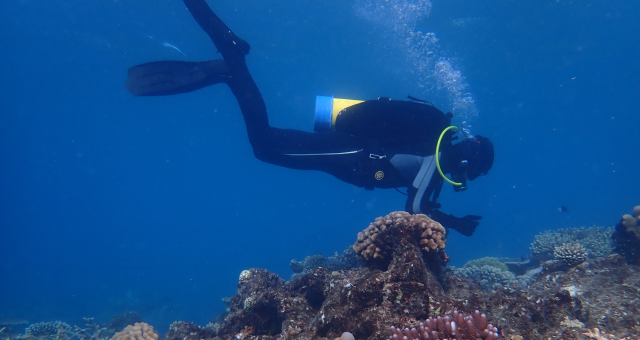Qantas and the Great Barrier Reef Foundation have announced a new fund that will help accelerate the restoration of Australia’s reef systems, including investment in Coral IVF programs, corals with increased heat tolerance and world-first portable coral nurseries.
Building on a 15-year partnership with the Foundation, Qantas will invest $10 million over 10 years in the Reef Restoration Fund to support scientists, Traditional Owners and local tourism operators restoring corals across the Great Barrier Reef and other iconic Australian coral reefs.
Great Barrier Reef Foundation Managing Director Anna Marsden and Qantas Group Chief Sustainability Officer Andrew Parker announced the partnership at the Australian Institute of Marine Science’s National Sea Simulator in Townsville.
Marsden said: “Australia is the guardian of some of the most iconic coral reefs in the world. It’s a huge responsibility and we’re proud to see one national icon supporting another. This partnership will help fund critical actions at a critical time.
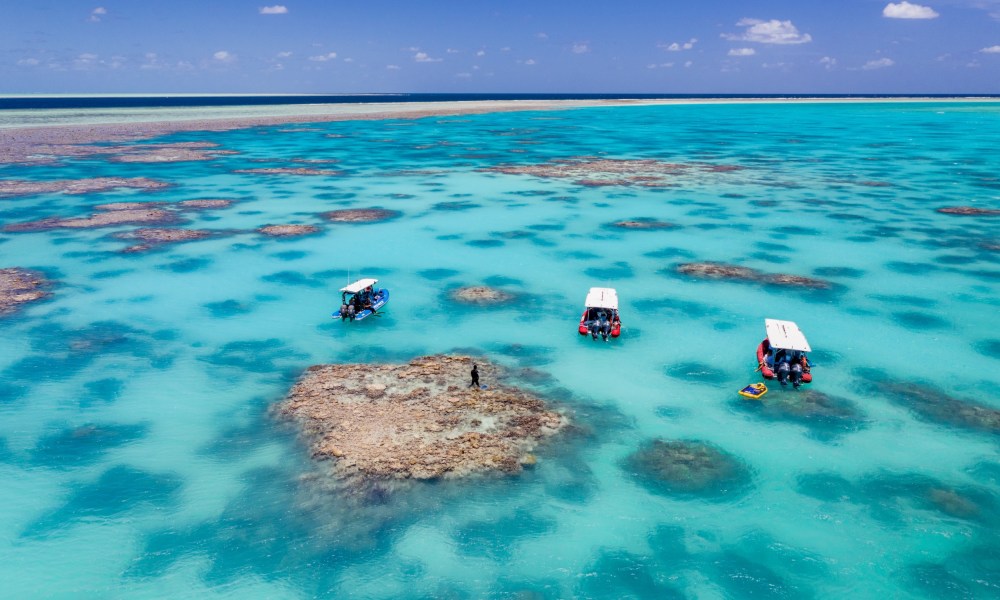
“Coral reefs are the beating heart of our oceans. They’re a nursery and safe haven for a quarter of all marine life and support a billion people worldwide. But the Great Barrier Reef, and coral reefs around Australia and the world, cannot adapt fast enough to warming ocean temperatures, making them one of the most vulnerable ecosystems on the planet. We must help safeguard their future from the impacts of climate change.
“We’ve made more advances in coral reef restoration science in the past five years than we have in the past five decades. Over the life of the partnership we’re committed to finding opportunities to share these learnings with Australia’s other coral reefs.”
Parker said the partnership is a key element of the national carrier’s Nature Action Plan, which launched today.
“Connecting our customers with natural landscapes is at the core of what we do, including carrying millions of people to the reef each year,” he said.
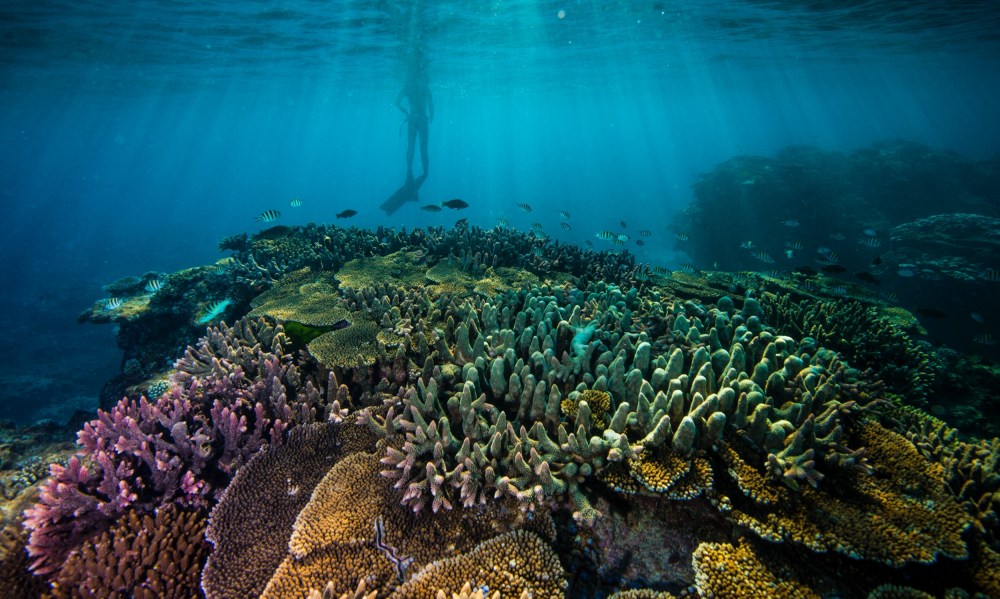
“We know that aviation is a high emissions industry, which is why we were one of the first airlines globally to commit to net zero emissions by 2050. We want to take the same leadership in addressing our impact on nature so that future generations can enjoy all the opportunities that global travel offers for years to come.
“By establishing the Reef Restoration Fund with our trusted partner of 15 years, we’re helping accelerate the development of world-leading technologies and projects to restore some of our most critical ecosystems.
“It’s part of our commitment to address nature and biodiversity loss by reducing the impact of our operations and supply chain, supporting the broader restoration of nature and advocating for cross-sector transformation.
“These commitments are just the first step. We are also developing rigorous nature-related targets and plans on how we’ll achieve them, which we expect to release by the middle of next year,” Parker said.
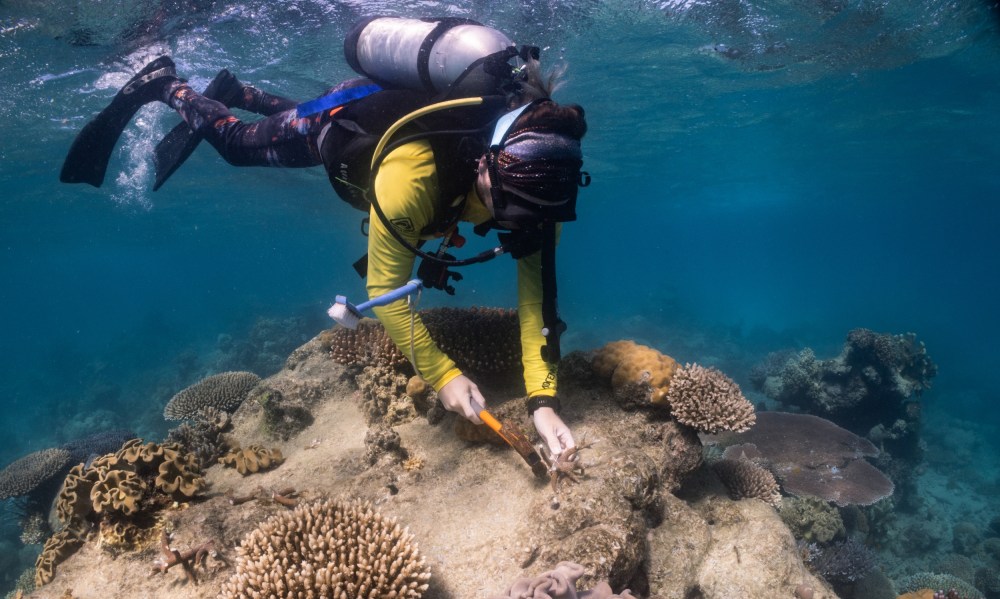
The Fund will help expand restorative work happening today across the Great Barrier Reef as well as research that will regenerate corals in the future.
The significant expansion of the Great Barrier Reef Foundation partnership is part of a broader Qantas Group strategy to contribute to a nature-positive future as outlined in its Nature Action Plan.
Following an assessment of the Group’s impact on nature, the plan outlines its commitment to addressing nature and biodiversity loss across its direct operations, supply chain and customers.
Qantas is continuing to work on nature-related targets and will publish disclosures aligned to the Taskforce on Nature-related Financial Disclosures by the middle of next year.
Progress towards a more sustainable airline.
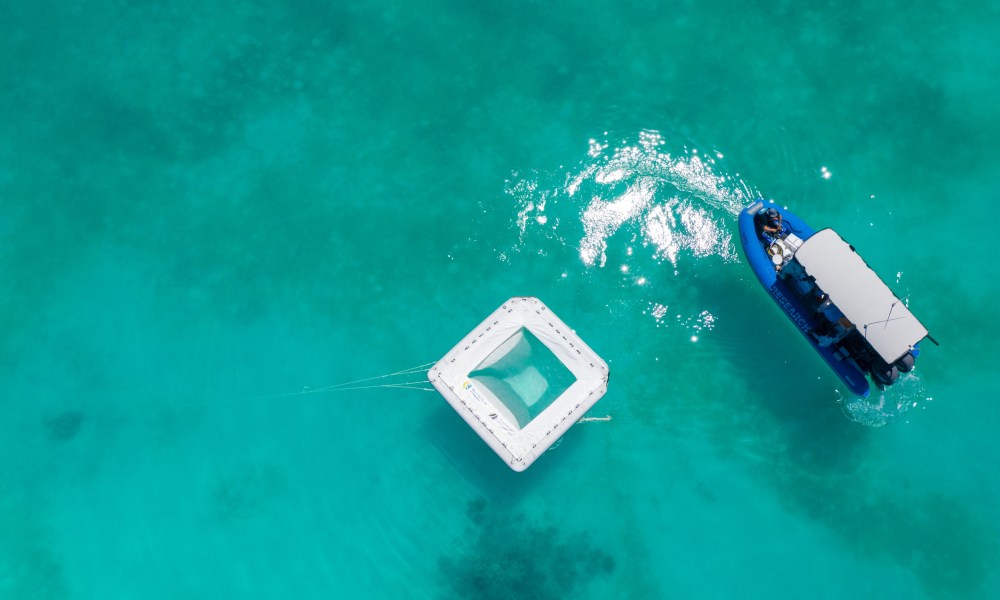
The Qantas Group was one of the first airlines in the world to commit to net zero emissions by 2050 and since committed to an interim target of reducing carbon emissions by 25 per cent by 2030.
Qantas announced a $400 million Climate Fund with Airbus to provide direct investments in sustainability projects and technologies, particularly to accelerate a domestic sustainable aviation fuel (SAF) industry.
Recent investments and deals with Airbus and Boeing have seen us secure access to up to 500 million litres of sustainable aviation fuel which has the potential to meet most of the Qantas Group’s interim SAF target of 10 per cent for 2030.
Sponsored independent analysis behind a suite of supply and demand policy recommendations to the Australian Government to make a domestic SAF industry possible.
Major fleet renewal program underway as part of efforts to increase fuel efficiency by an average of 1.5 per cent per year to 2030.

